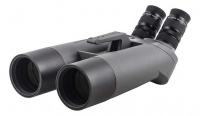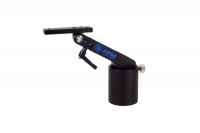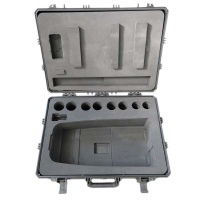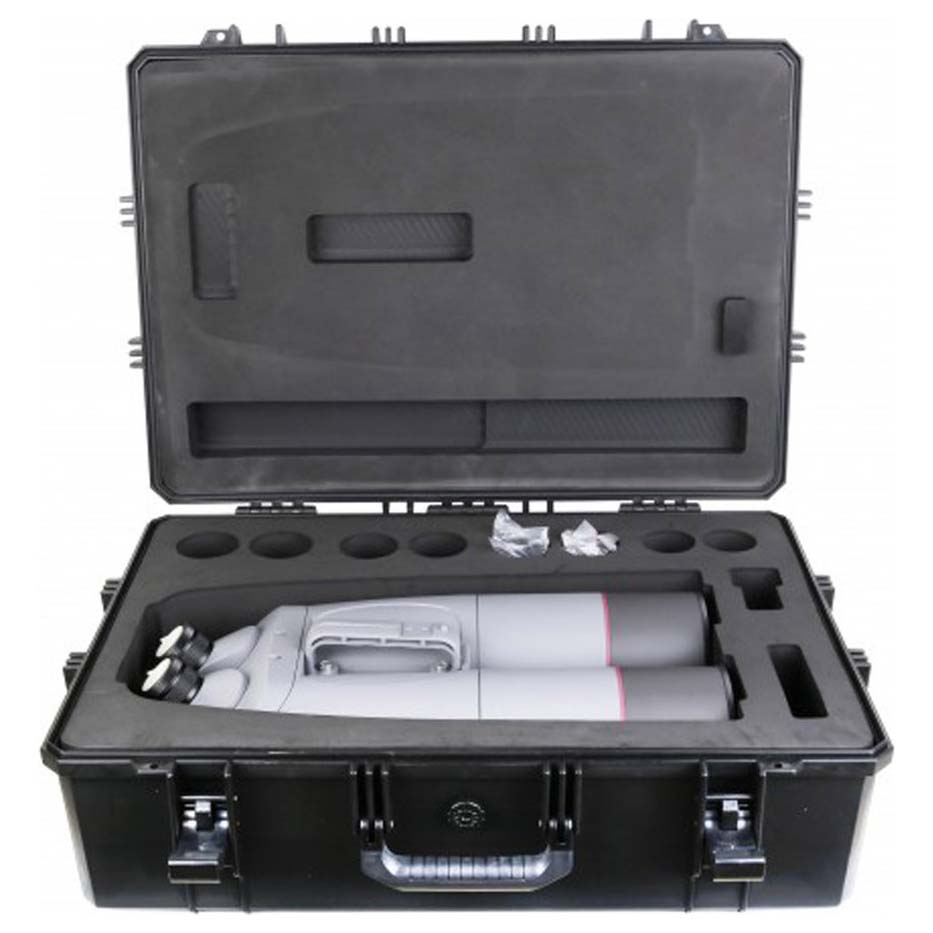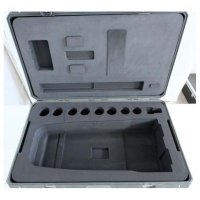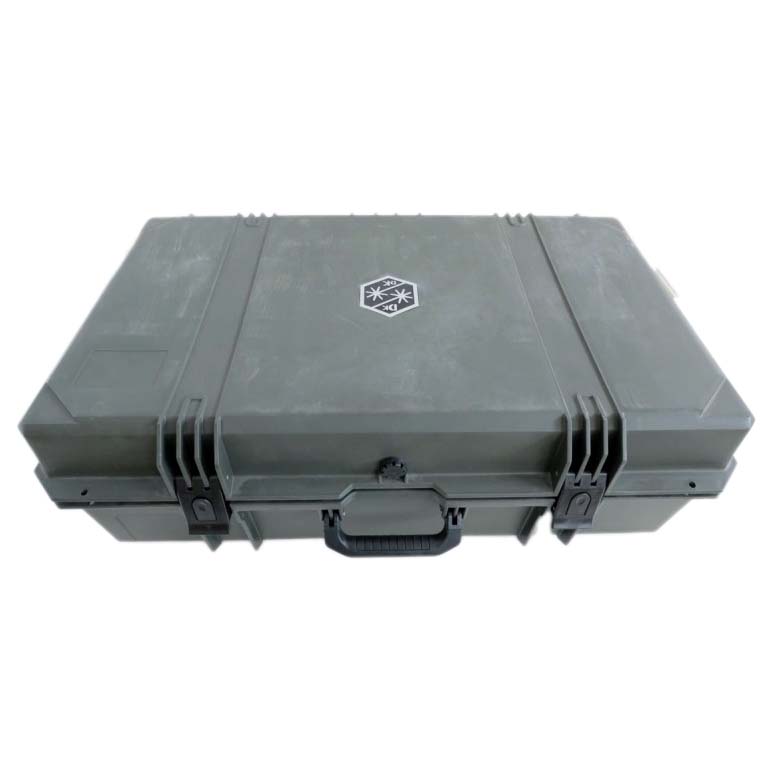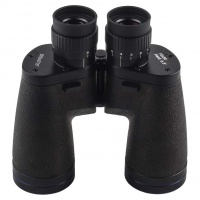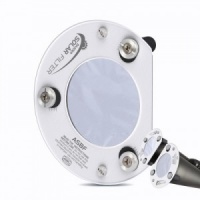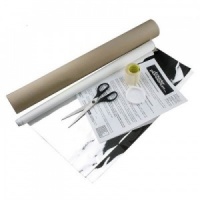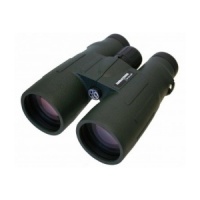Binoculars
Binoculars are ideally suited for basic astronomical work. But they're also useful for many hobbies and pastimes, such as Bird-watching, Safari, Train-spotting, and most Sporting Events. Use them on Land or Sea... choose from our truly excellent and versatile range.
To most people, looking at the stars always brings visions of standing in an observatory looking through a telescope. When it comes to looking at the stars themselves everyone wants a telescope. Overlooking a very useful observing tool. A pair of binoculars. If you have never before studied the stars above, it may be a good idea to start with something simple like a pair of good binoculars. You really will be amazed at how much more you can see with just these, and they are not difficult to learn how to use. A telescope takes time and patience to learn. Far to many people go and buy a telescope without knowing what it is that they really want to do.
Binoculars are also very handy to have around even when using a telescope. Quite often you may have trouble pointing the telescope towards the direction of the target. A glance through the binoculars and you can find your way around by 'star hopping'.
Is there an Ideal Pair?
The 'ideal' binoculars for astronomy are the 10 x 50 or the 7 x 50. These give you 10x or 7x times magnification and 50mm lenses to give a bright wide view. With these a newcomer in astronomy can learn to find their way around the universe. A pair of binoculars and a star map or good book for binoculars are all you need. It is possible that you might find the 7 x 50 binoculars too heavy to hold, especially for children, in this case the 7 x 35, or 8 x 40's, may be preferable as they are lighter.
Larger power binoculars are used to see objects closer up, such as the Moon or star clusters. But whatever you choose the binoculars will still be of use, for their light gathering and their wide angle of view, even after purchasing a telescope. Of course they can also be used for other purposes such as bird watching, horse racing or just to take on holiday when you leave your telescope behind.

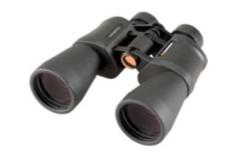
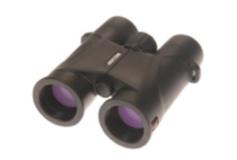
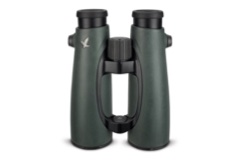
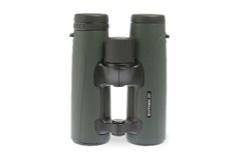
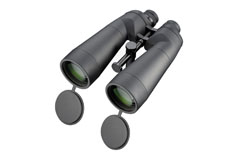
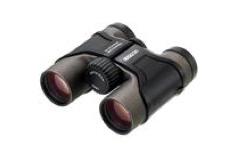
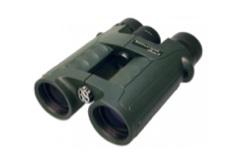
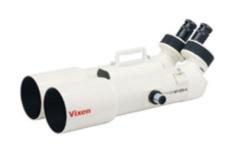
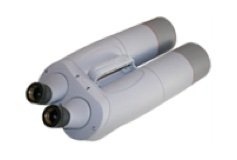
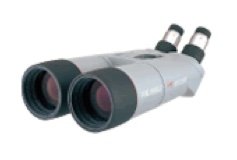
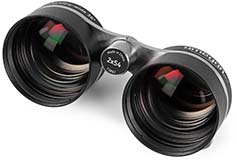
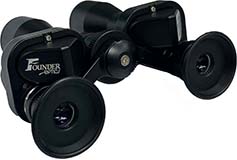
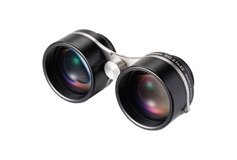
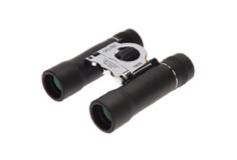
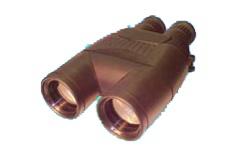
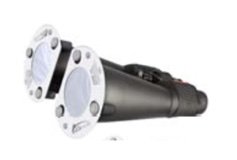
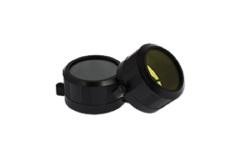
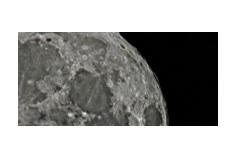
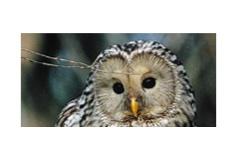

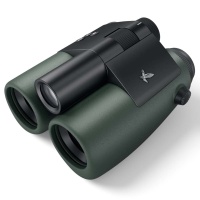
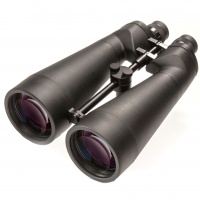
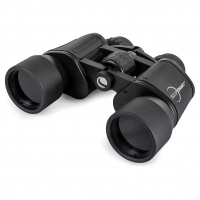
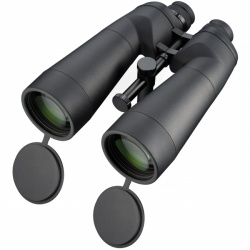
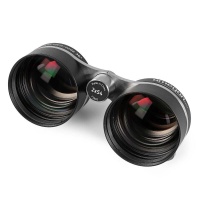
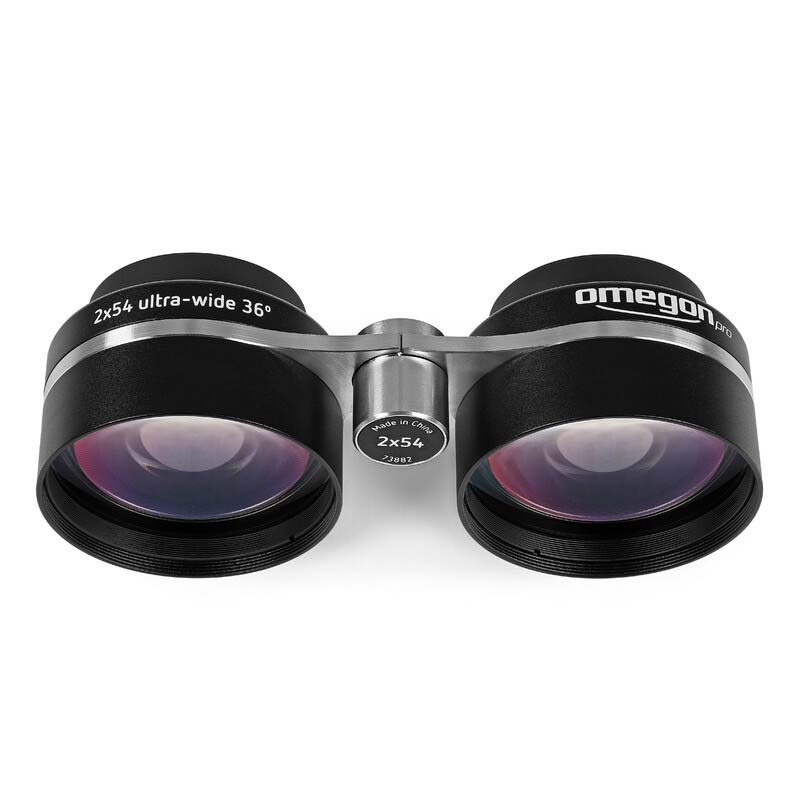
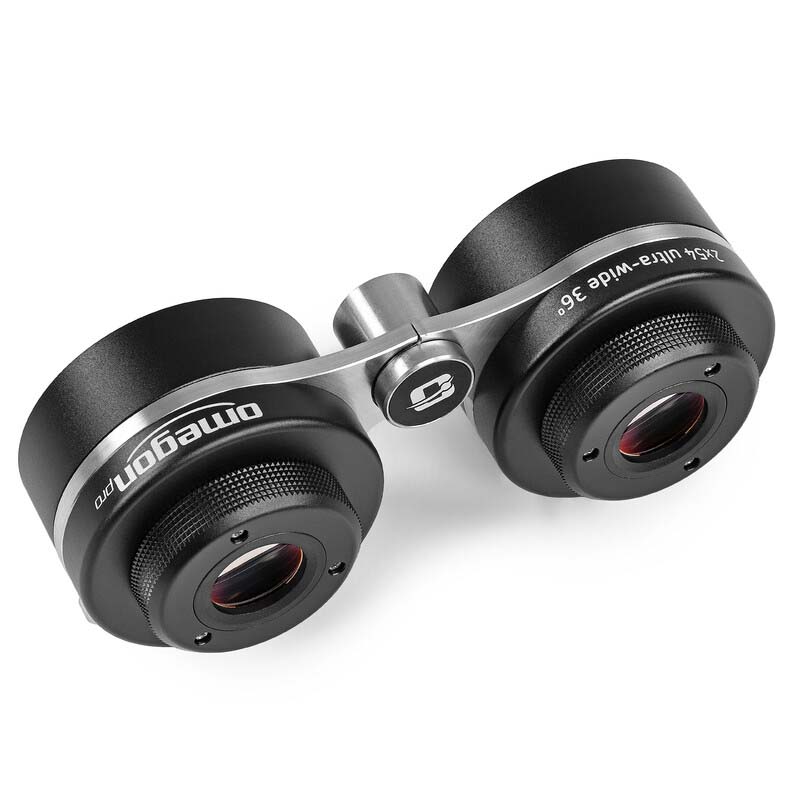
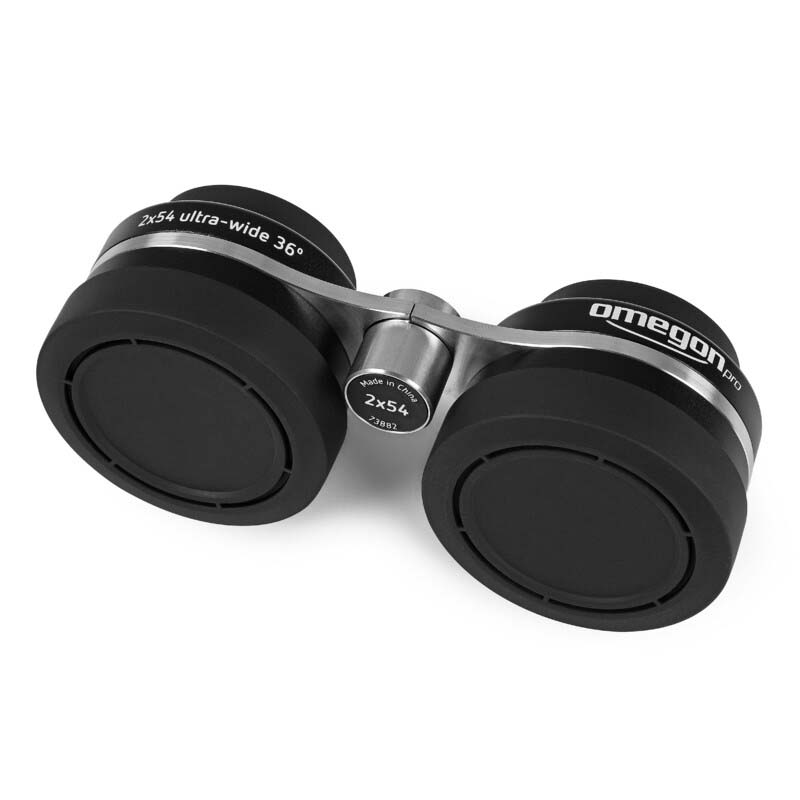
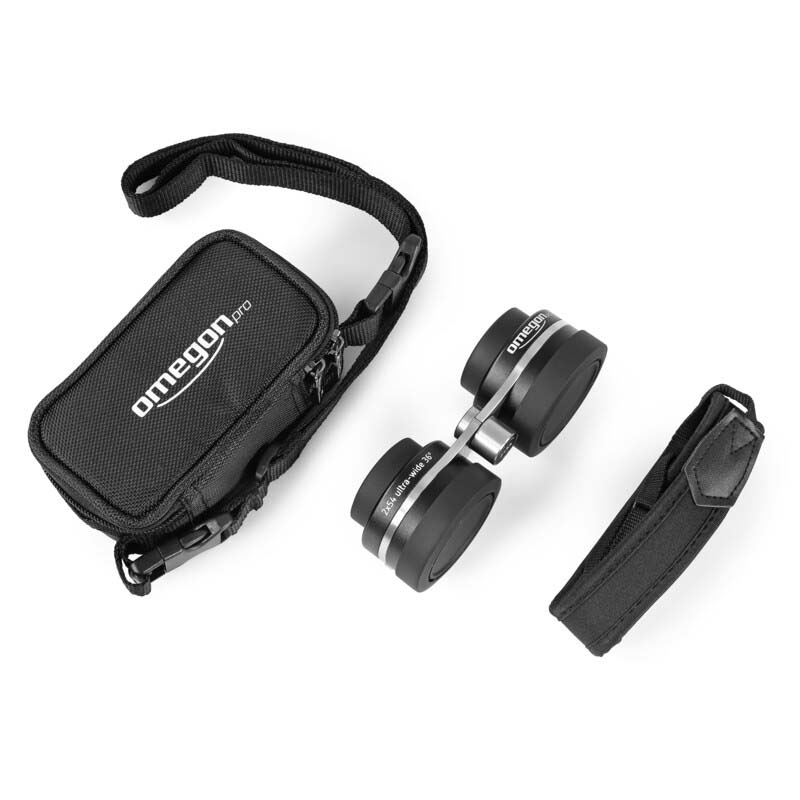
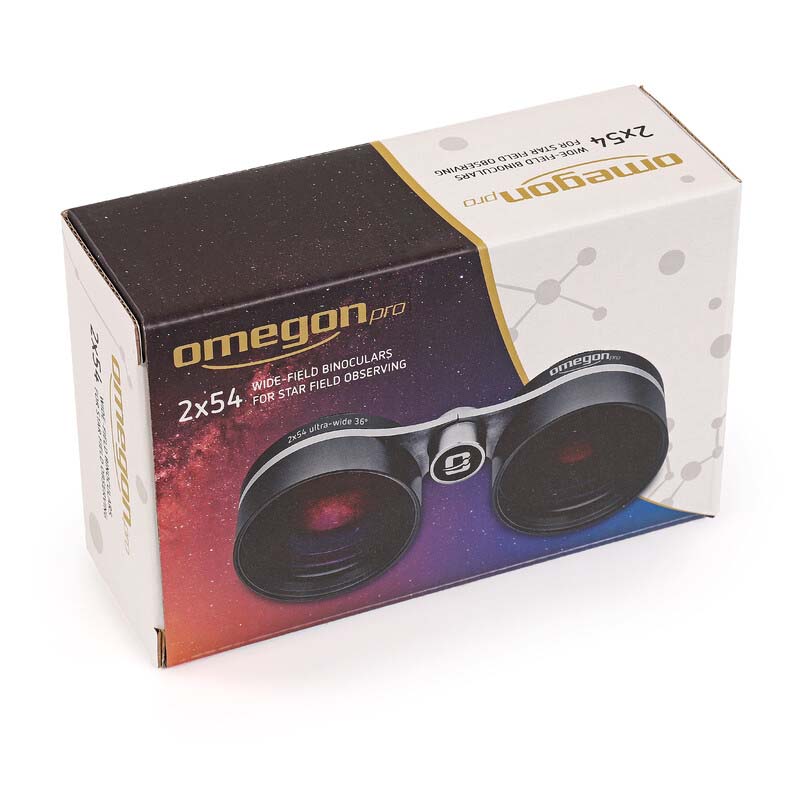
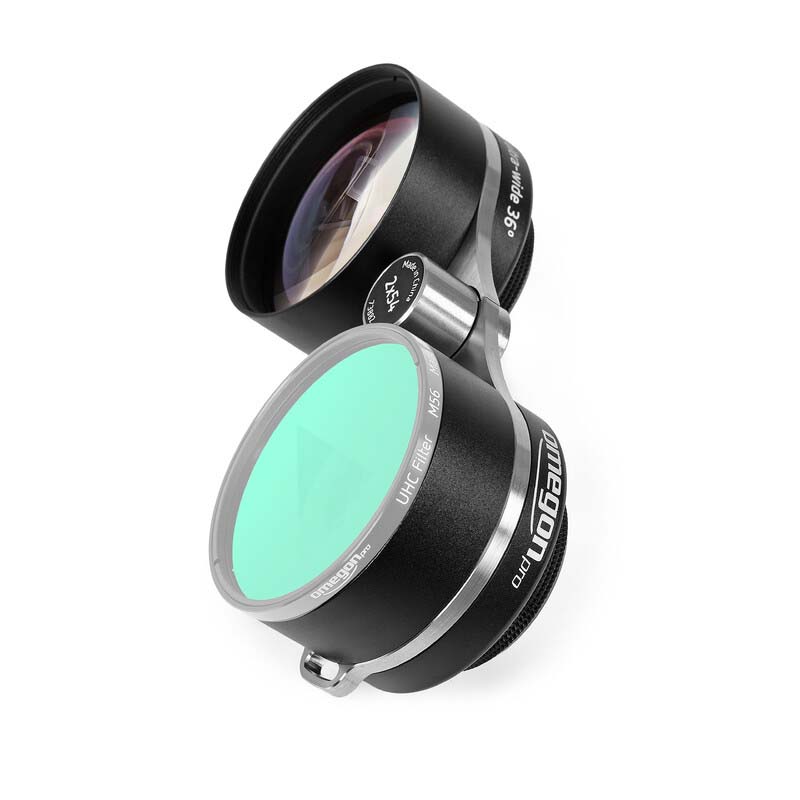
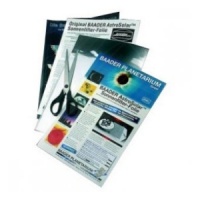
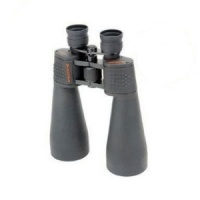
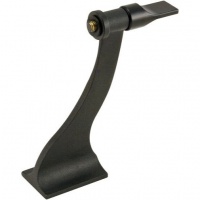
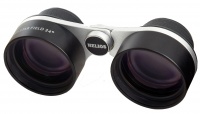
.jpg)
.jpg)
.jpg)
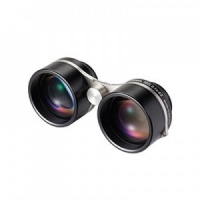
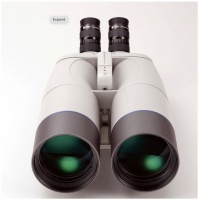
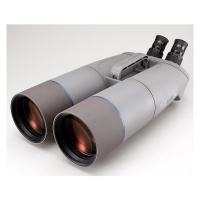
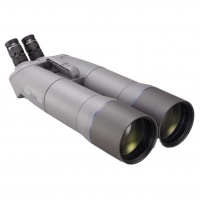
.jpg)
